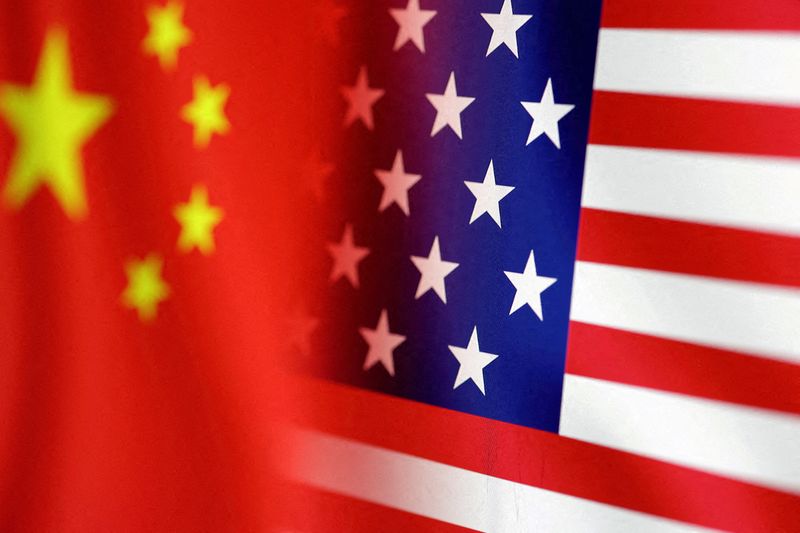JFrog stock rises as Cantor Fitzgerald maintains Overweight rating after strong Q2
Investing.com - An agreement between the U.S. and China to substantially lower tariffs and pause their respective levies may be the latest in a string of indicators pointing away from a global recession, according analysts at Deutsche Bank (ETR:DBKGn).
In a note to clients, the analysts led by Henry Allen said that the "direction of travel" for international trade tensions has "shifted towards dialling back tariffs".
"We know that policymakers don’t want market turmoil. After all, an equity market sell-off means that consumers feel poorer, and a bond market sell-off means that people have to pay higher rates to borrow for things like mortgages," the strategists wrote.
"Similarly, policymakers don’t want an economic downturn. If people started losing their jobs and a recession occurred, that would quickly make incumbents more unpopular."
Recent data points have also been "robust" at a U.S. and global level, while equity markets have proven to be resilient, they added.
In a rare joint statement on Monday following high-stakes trade talks over the weekend, the U.S. and China agreed to a 90-day pause to soaring tariffs placed on each another and said they would temporarily lower their respective levies.
Washington has moved to slash U.S. President Donald Trump’s so-called "reciprocal" tariffs on China to 10%, while a 20% tariff related to Beijing’s alleged role in the flow of the illegal drug fentanyl remains in force. Meanwhile, China’s duties on U.S. imports are being cut to 10%.
More negotiations are planned between the two, while both sides may conduct working-level consultations on relevant economic and trade issues, the countries said.
Investors, who have been worried that the trade spat may spiral into a crisis that could threaten global economic activity and increase uncertainty for businesses, have seemingly welcomed the changes. U.S. stock futures surged, extending gains that were already notched on Sunday evening ahead of the announcement. The U.S. dollar gained against a basket of its currency pairs and China’s yuan also strengthened.
Representatives from the U.S. and China previously suggested that their discussions had resulted in some progress in thawing trade relations between the world’s two largest economies.
Heading into the talks, Trump had raised tariffs on China to at least 145%, leading Beijing to respond with retaliatory levies on American imports of 125%.
